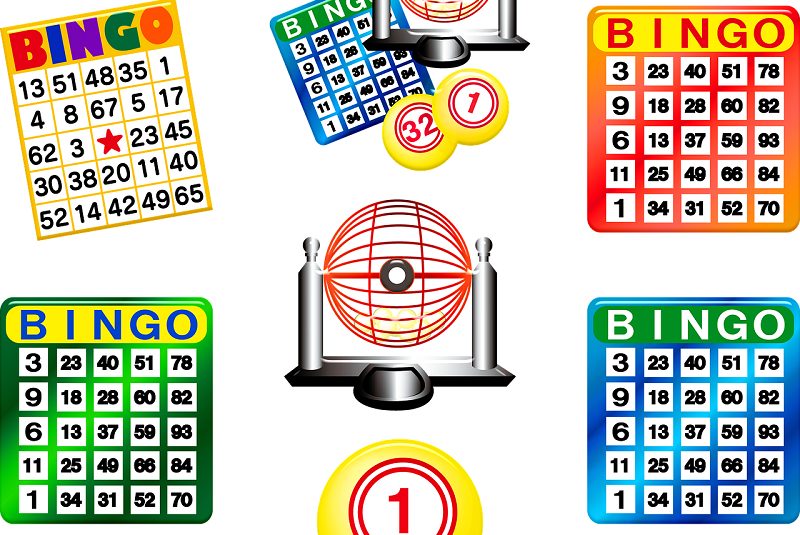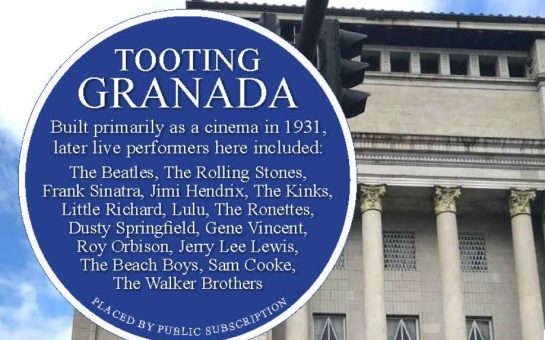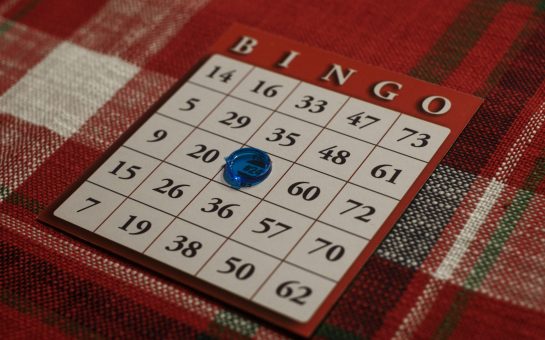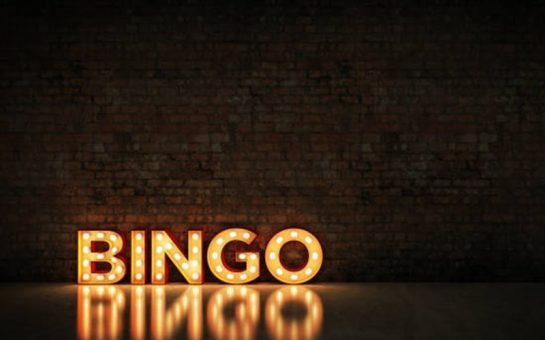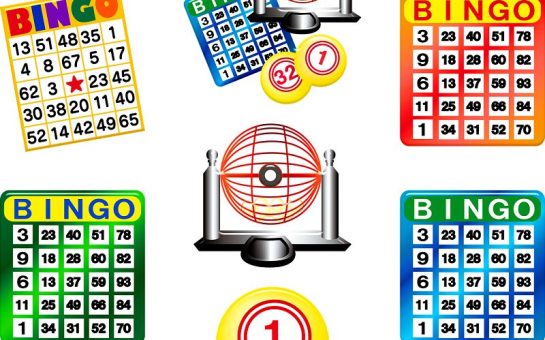Bingo has a long and varied history that stretches across many nations and decades.
It started in Italian game halls and quickly expanded around the globe, eventually settling in London.
Bingo is now possibly more popular in London than anyplace else in the world, and you’d be forgiven for assuming it had its origins in the country.
How did bingo become such a popular gambling game in the city of London, and what has led to the success of popular online bingo sites like winkbingo.com?
What is bingo and how do you play it?
Casino bingo is a simple yet exciting game in which a set of players compete to get bingo.
Bingo can be achieved in a variety of ways and it is played on square cards that have random numbers.
Numbers are called at random based on what is issued from the mechanical or electronic number generator, therefore there is some element of chance involved, just as in any other casino game.
A string of bingo games can run up to an hour, giving you more playing time for less money than an hour at the blackjack table.
With four cards in each game, a typical set of bingo games can cost roughly $20, with rewards reaching upwards of $100 each game.
Of course, these figures are simply averages that are highly dependent on the casino, the exact bingo game, and a variety of other factors.
As previously said, there are a few well known tactics for increasing your chances of winning at casino bingo.
One option is to play a game with a smaller number of players.
This will, for the most part, reduce the amount of opposition game cards and boost your chances of calling the winning numbers first.
Another technique is to play as many cards as possible per game.
However, to avoid missing numbers, make sure you can efficiently manage all of your cards while the game is in progress.
The era of gaining popularity
Bingo originated in the 16th century in Italy as Il Gioco del Lotto d’Italia, a lottery game. Before becoming a global phenomenon, it spread to France.
The game of bingo started seeing a surge in London in the early 1900s.
The first contemporary version of bingo was played in carnivals and fairs in the United Kingdom in the 1920s, but the game only really took off after World War II.
Large cash rewards were legalised with the passage of the 1960 Betting and Gaming Act, which lured various leisure organisations to create gigantic bingo halls.
Many London theatres and cinemas were turned into bingo halls by astute business people who saw a chance to profit.
A renowned cinema in Wandsworth was one of a slew of facilities in the capital that were changed to help bingo become the most popular form of entertainment.
As the bingo craze spread across the country, holiday camps, church halls, and working men’s clubs also joined on board.
A rough patch
There was a short period in between where bingo as a game saw a decline.
As the new millennium approached, the UK society saw various changes, particularly in terms of how individuals spent their leisure time.
As people across the country turned toward recreational activities that were considered as sophisticated and trendy, the bingo industry faced a dramatic downturn.
Bingo, a working-class pastime, was suddenly perceived as a pastime practised by elderly people in run-down northern communities.
Around three-quarters of the land-based venues in London were forced to close their doors as a result of the storm.
Bingo’s decline was attributed to a combination of high taxes and a smoking prohibition, as well as an inability to adapt to changing circumstances.
Bingo was given a lifeline when the internet was launched, and operators were quick to recognize the prospects available in the online world.
While the early bingo sites were rather simple things, the roots for what came after had been sowed during the previous two decades.
Rise of online casino
By allowing operators to rebuild their operations, technological advancements surely helped bingo reclaim its prominence as a popular entertainment activity.
Many bingo companies concentrated their efforts online, producing immersive platforms that swiftly drew in a new generation of bingo fans.
With many of the sites focused exclusively towards their demographic, clever advertising and marketing strategies triggered a massive surge in the number of young girls playing bingo.
Analysts predict that the global market for online bingo will be valued over $2 billion by 2022, with no signs of slowing down.
Operators have created imaginative crossovers with other entertainment genres that have proven to be very popular, and land-based bingo has also had a revival.
That argument is amply demonstrated throughout London, where dozens of bars and drag clubs offer weekly bingo sessions.
Other famous instances of how the game has been altered to appeal to a new audience are bingo raves and special bingo cruises.
Final words
While London is unique, many of its best features are shared by other cities, particularly in the areas of community and cooperation.
Despite the fact that bingo is primarily a competitive game, it is an experience that brings people together.
This aspect of bingo is eternal, whether it’s in the aftermath of a war or just as a way to bring companionship into busy modern lives.
Bingo may not have originated in London, but it is now a part of the city, and no matter how much it evolves, it will always be a part of London as time goes on.
